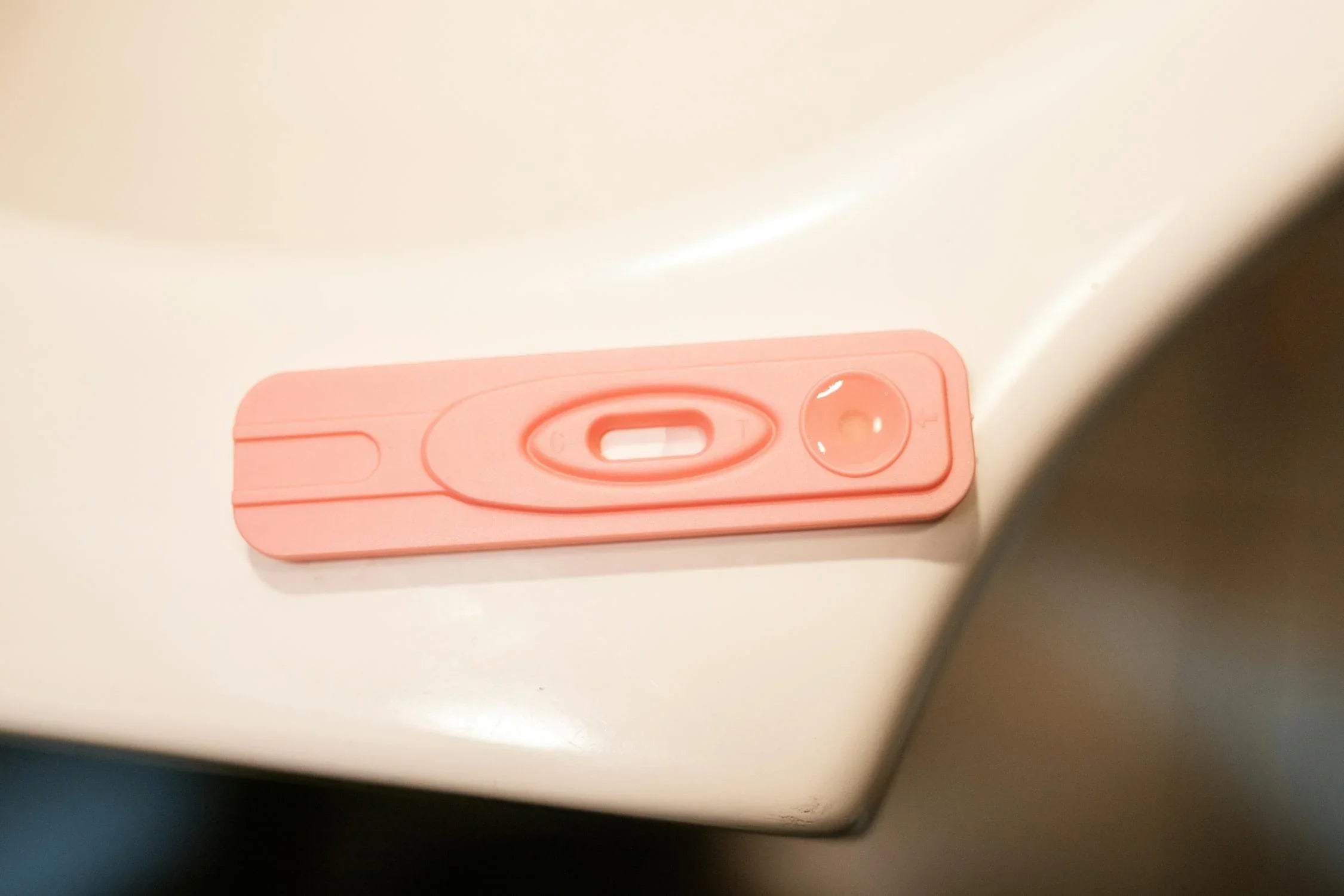Accueil
Pregnancy, Breastfeeding, and Pumping: The Ultimate Guide for Moms
Could a Home Pregnancy Test Be Wrong? Understanding the Possibilities

Could a Home Pregnancy Test Be Wrong? Understanding the Possibilities
When it comes to confirming pregnancy, home pregnancy tests are often the first step for many women. These tests are convenient, private, and provide quick results. However, the question arises: could a home pregnancy test be wrong? While these tests are generally reliable, there are several factors that can lead to inaccurate results. Understanding these factors can help you interpret your test results more effectively and decide when to seek further confirmation.
How Home Pregnancy Tests Work
Home pregnancy tests detect the presence of human chorionic gonadotropin (hCG), a hormone produced during pregnancy. When a fertilized egg attaches to the uterine lining, the body begins to produce hCG. Most home pregnancy tests claim to detect hCG levels as low as 25 mIU/mL, which is typically reached about 10 to 14 days after conception.
The accuracy of these tests depends on several factors, including the sensitivity of the test, the timing of the test, and how the test is used. While many tests advertise 99% accuracy, this is usually under ideal conditions, which may not always be the case in real-world scenarios.
Common Reasons for False Negative Results
A false negative result occurs when a woman is pregnant, but the test indicates she is not. This can happen for several reasons:
- Testing Too Early: If you take the test too soon after conception, your hCG levels may not be high enough to be detected. It’s recommended to wait until after you’ve missed your period for the most accurate results.
- Diluted Urine: Taking the test later in the day when your urine is more diluted can affect the concentration of hCG, leading to a false negative. For best results, use the first urine of the morning, which is more concentrated.
- Expired or Faulty Test: Using an expired or defective test can also lead to inaccurate results. Always check the expiration date and ensure the test is stored properly.
Common Reasons for False Positive Results
A false positive result occurs when the test indicates pregnancy, but the woman is not pregnant. This is less common but can still happen due to the following reasons:
- Chemical Pregnancy: A chemical pregnancy is an early miscarriage that occurs shortly after implantation. In this case, hCG levels may be detected, but the pregnancy is not viable.
- Medications: Certain medications, particularly those containing hCG, can interfere with the test results. Fertility treatments are a common example.
- Medical Conditions: Some medical conditions, such as ovarian cysts or certain types of cancer, can cause elevated hCG levels, leading to a false positive.
User Error and Test Misinterpretation
User error is another factor that can lead to incorrect results. Misreading the instructions, not waiting long enough for the results, or misinterpreting the test lines can all contribute to inaccuracies. It’s essential to follow the instructions carefully and ensure you understand how to read the results.
Additionally, evaporation lines can sometimes be mistaken for positive results. These lines appear when the test dries and can be misleading. Always check the results within the recommended time frame to avoid confusion.
When to Seek Further Confirmation
If you receive a positive result on a home pregnancy test, it’s a good idea to confirm it with a healthcare provider. They can perform a blood test, which is more sensitive and can detect lower levels of hCG. A blood test can also provide additional information, such as the exact hCG levels, which can help determine the stage of pregnancy.
On the other hand, if you receive a negative result but still suspect you might be pregnant, consider retesting after a few days or consulting a healthcare provider. Persistent symptoms such as missed periods, nausea, or fatigue warrant further investigation.
Tips for Accurate Testing
To maximize the accuracy of your home pregnancy test, follow these tips:
- Read the Instructions: Each test may have slightly different instructions, so it’s crucial to read and follow them carefully.
- Use the First Morning Urine: This is when your urine is most concentrated, increasing the likelihood of detecting hCG.
- Check the Expiration Date: Ensure the test is not expired and has been stored properly.
- Wait for the Right Time: Testing too early can lead to false negatives. Wait until after you’ve missed your period for more reliable results.
Home pregnancy tests are a valuable tool for early pregnancy detection, but they are not infallible. Understanding the factors that can lead to inaccurate results can help you interpret your test more effectively and decide when to seek further confirmation. If you have any doubts or concerns, consulting a healthcare provider is always the best course of action.
Could a home pregnancy test be wrong? The answer is yes, but by following the right steps and understanding the potential pitfalls, you can increase the likelihood of getting an accurate result. Whether you’re hoping for a positive or negative result, knowing how to navigate the process can provide peace of mind and clarity during this important time.
Partager

